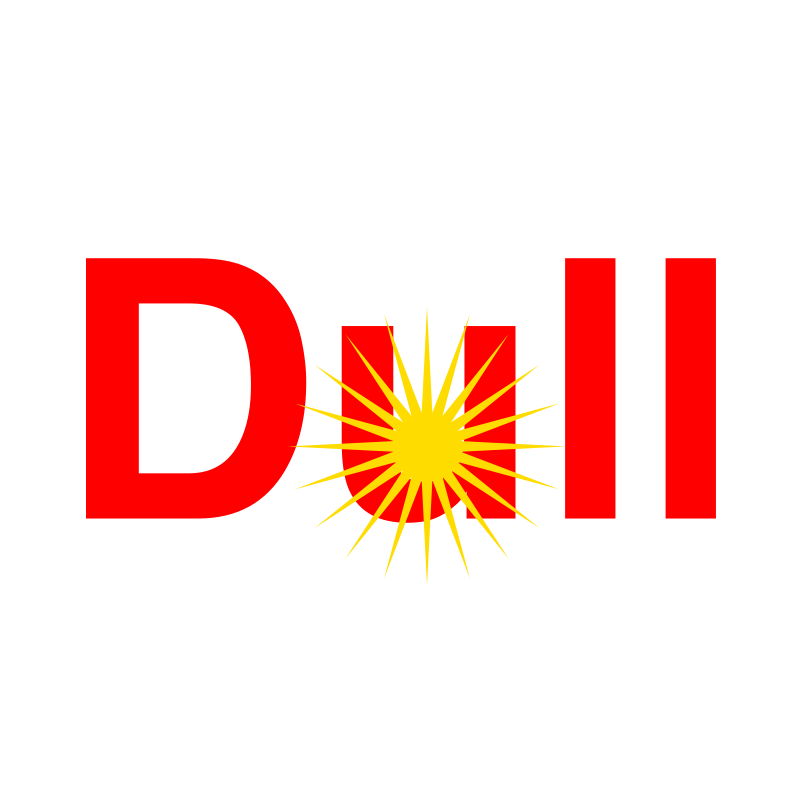The reason for 12-hour clocks is most cultures worldwide have variable length hours of over a year. For Western times this comes from Greeks who had 12 day and 12 night hours. Early water clocks in antiquity would attempt to make that adjustment automatically.
It came from the Sumerians, not the Greeks.
The Greeks specifically build water clocks with variable length days.
The inventor of the imperial units used by the US, this one really sniffed glue.

I’m with you on metric vs. standard units all day, it’s downright embarrassing that we still haven’t switched to metric…but Month, Day, Year makes far more sense. The numerical day of the month is pointless by itself, there are 12 of each number (except 29-31) every year so the number says nothing at all without the context. It makes no sense to start reciting a date with the least important and least descriptive bit of information. The month is the piece of information that gives the most detail on its own and cuts down on the number of words to say the date. Instead of “The 12th of May” we just say “May 12th” cutting two completely unnecessary words from British English. It also lets you know the season of the year right off the bat. If we ask when a movie, game, or book is coming out, “in March” is the best way to say it if you had to choose only one piece of data of the three. “This year/Next year” or “the 25th” give less info. We leave off the year if the future event is in the current year so that comes last naturally. As objectively as possible, we improved the date format.
If we ask when a movie, game, or book is coming out, “in March” is the best way to say it if you had to choose only one piece of data of the three.
This is only true if both people know you are talking about the future or the past (already released or not released yet) and then implies that the last or next instance of the month is meant. In other words, using just the month only works if the year is already known. Talking about a movie from 2008, the month it released does not give you more information than its year. Using just the month has very limited and short term validity. Which is fine for day to day conversation, but not for written documents or anything else that will be read more than once. In order of the highest information value it’s clearly Y, M, D, most significant information to least.
This can still be a valid option, although what in daily use is primarily interested in the day of the month, since the month takes, well, a month to change and everyone knows which it is. However, he is mainly interested in how many days he will receive his salary or how much time he has left on vacation or how many days until an event premieres. If we ask for the time, we are not interested in hearing that it is afternoon, which we already know, but rather to know the exact time so as not to miss the train or how long it takes to finish the workday. This is why the chronological order is used, seconds, minutes, hours, days, months and years.
Wait until you hear about traditional Japanese timekeeping, where the hours had different lengths throughout the year, depending on daylight: https://youtu.be/1BJmnEa6YGE
The Greeks also had variable length hours, and early water clocks attempted to adjust automatically over the year.
“The day will start when the sun comes up?” No, when the sun is the furthest away it can be from us.
Inventor for sure used the
imperialbarbarian measuring systemMan I just want everyone to use UTC
Time zones are kind of useful though.
Also each part of the world will offset by half an hour or so.
Also military will operate by a 24 hrs.
Also fuck you
Tonne? You mean megagram?
12 1 2 3 4 5 6 7 8 9 10 11





